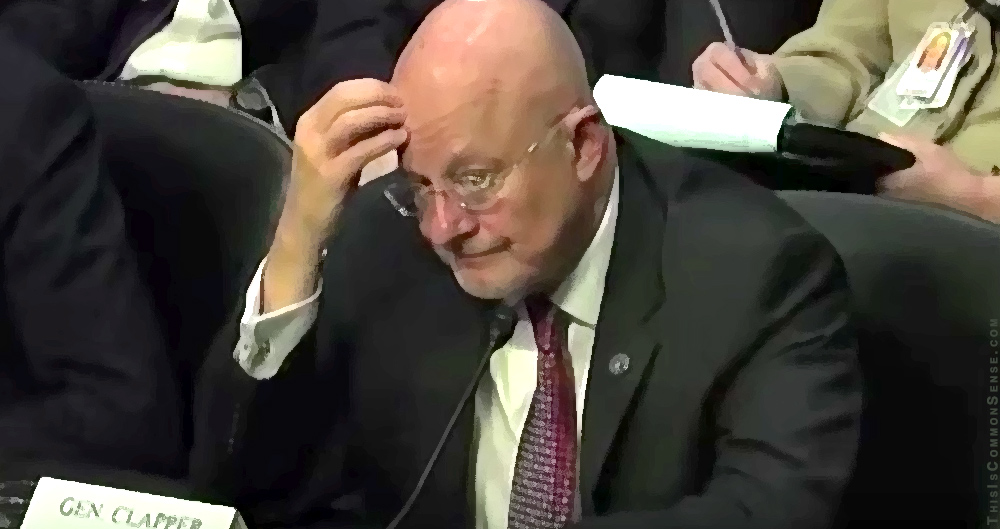The old keywords were “Constitution,” “Patriot” and “Tea Party.”
The new ones? “Marijuana,” “oxycodone,” and “legalization.”
Paul Caron, the TaxProf blogger, calls attention to another IRS scandal — again about denying tax-exempt status to organizations because of their political views. He had barely finished blogging about the scandal that came to light in 2013 when a new one burst into view.
You almost certainly remember the older scandal, in which the Internal Revenue Service had been caught intrusively scrutinizing and delaying the applications of conservative non-profits picked on because of their conservatism.
To cover that mess, Professor Caron published a blog series called “The IRS Scandal, Day __.” He added a post daily.
Every day.
For years.
The last installment, Day 1921, published on August 14, 2018, reported a settlement: meager taxpayer-funded payouts to over a hundred victimized organizations. The IRS never admitted wrongdoing. No one was ever punished. According to the Washington Times, the agency said that it had “made changes so that political targeting can’t occur in the future.”
These changes don’t seem to include prohibiting political targeting by the IRS, however.
Now we have another case.
Caron points us to a Wall Street Journal op-ed by David Rivkin and Randal Meyer, lawyers, who have discovered a dirty little secret in Revenue Procedure 2018 – 5. One provision authorizes IRS to withhold tax-exempt status from applicants seeking to improve “business conditions … relating to an activity involving controlled substances,” including marijuana and oxycodone. Advocating legalization of marijuana would count as trying to improve such conditions.
Apparently, the IRS thinks its mandate entails enforcing the status quo by stifling dissent — instead of just doing its congressionally mandated (if all-in-all irksome) job.
This is Common Sense. I’m Paul Jacob.
» See popular posts from Common Sense with Paul Jacob HERE.










